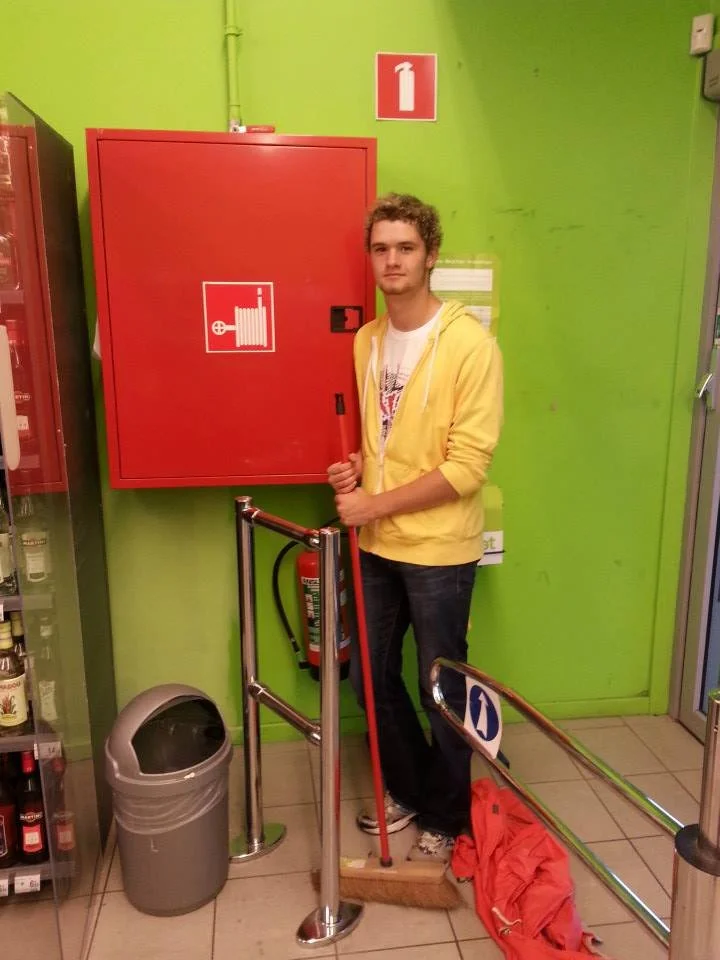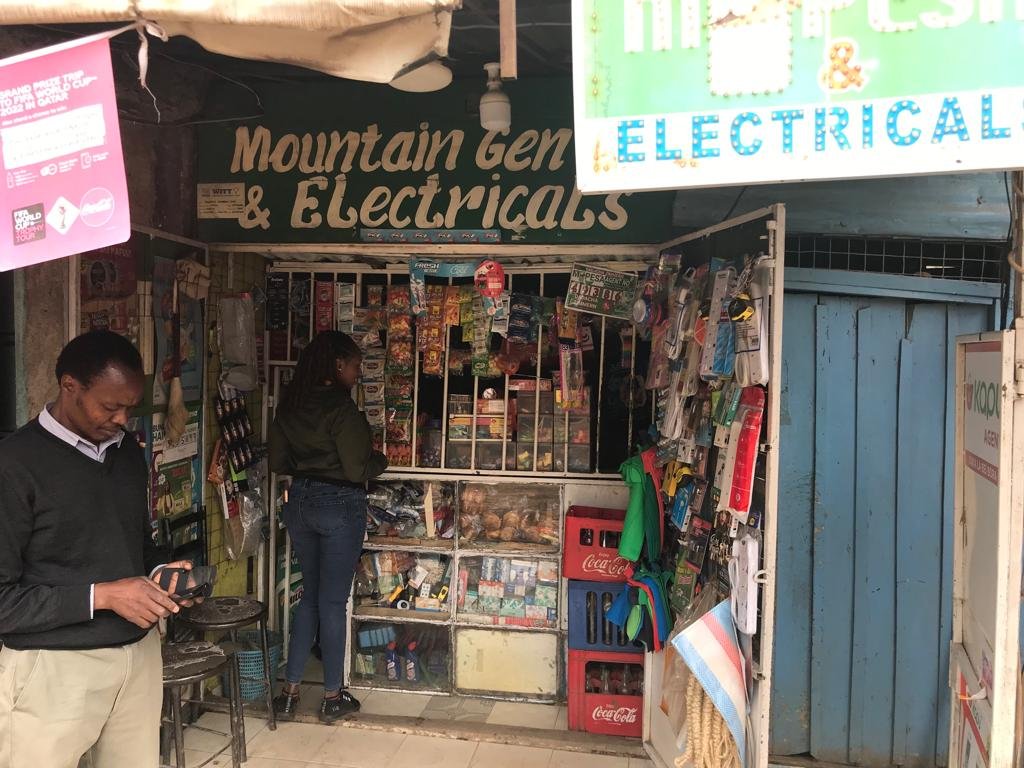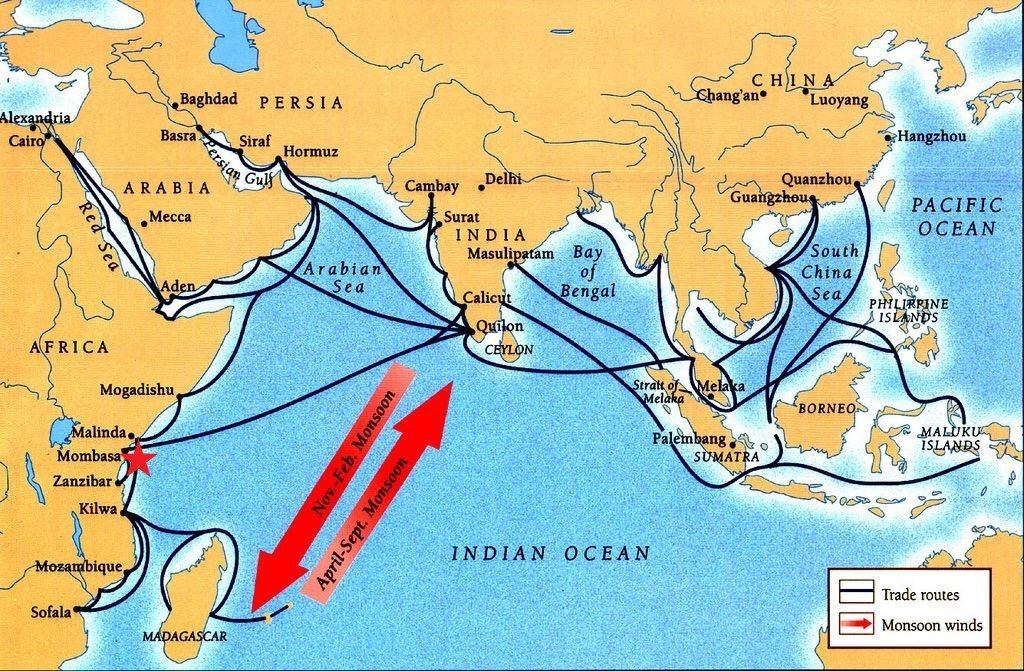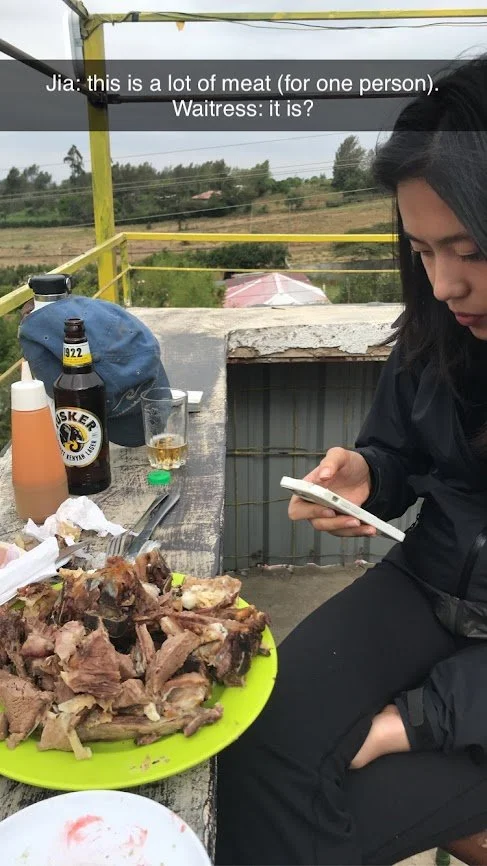Summary: Currently you have to wait for over 1 year if you want to travel to the US from Kenya. The US has effectively blocked travel (for a large fraction of people) not through any law or policy decision, but seemingly just through lack of staffing in the US embassy in Nairobi.
—
I am generally pro more and easier cross-border movement - into the US and to everywhere in the world more generally. Part of making movement easier is a matter of policy, which is complicated, political, socially contentious, and won’t change quickly.
But there are non-policy barriers to free movement as well, and these seem much easier to fix. One such example is lack of consular interviews at US embassies.
When you try to schedule a consular interview at the US Embassy in Nairobi, you will see that there are no interview slots available for over 1.5 years (674 days at time of writing). No interview means no visa (1), which means the US has blocked people from entering the US from Kenya.
I think this is an important issue, and also one that is potentially pretty tractable.
Why does this matter? Less people visiting the US hurts the US:
Economically: Tourism is good for the US, and US business benefits from international deals that are facilitated by the ability of foreign businesspeople to visit for meetings
Intellectually: I have had several friends who wanted to attend a philanthropic conference (EA Global hosted in Boston) but were unable. They may go to a similar conference in Singapore instead, where no visa is required. If the US wants at the forefront of international discussion of world problems, it has to let people in to its conferences. Otherwise people will just start going other places.
Culturally: We like to think of the US as a melting pot, welcoming to people all over the world. Rejecting people from visiting hurts this important part of US culture.
International relations-wise: When people visit the US, they form connections to it and think positively of it
The above are all benefits that accrue to the US by letting people visit. There are also of course benefits to the people visiting, and to the people in the US they are visiting.
Is this a tractable issue?
I think yes. The solve seems simple. The embassy just needs to hire more people. It is not a political issue, does not require change in law. I imagine the main reason this is a problem is that the embassy has basically zero accountability to people applying for visas, and not that many US citizens care about this (2). It seems like an area where a few people’s voices could have an outsized impact.
So let me know if you want to add your voice. Or if you have insight into how decisions about consular interviews get made that can help us use our voices more effectively. Comment here, email me at ljeure@gmail.com, or tweet at me at @lukeeure. Americans could also email the US embassy in Nairobi at VisitorVisaNairobi@state.gov to show them that there are Americans who care about this issue (3).
For over a century people have wanted to come to the US because it is a great place to be. We are a better country for it. Let’s not let staffing shortages stop this.
—
1. Required to visit the US for any generic reason - tourism, an academic conference, business meeting, visiting family. This is required both of Kenyans and citizens of most other non-US countries who live in Kenya.
Note that it also seems this is not just Kenya, and is an issue in US embassies around the world.
2. I’ve been advised that people can simply apply for expedited visas in case of urgent matters. But
These expedited visas seem very hard to get - I’ve had at least 3 friends try to get them and be rejected
More importantly, there is a problem with your system if expedition is required to get a visa within 1 year
2. There could be things that make this more complicated than just a staffing issue, but if there are the embassy has not been willing to explain them to me when I’ve inquired over email.
3. Not that is don’t me much good so far. In addition to being advised that people can get expedited visas, I was told that “To keep both applicants and our staff safe during the COVID-19 pandemic, the number of appointments for all of these categories is much lower than normal.”
I really doubt COVID safety is the issue here, and that they would send this just makes me feel like there is little accountability for having a process that works well.























